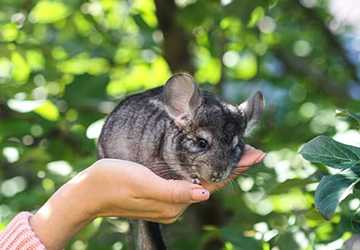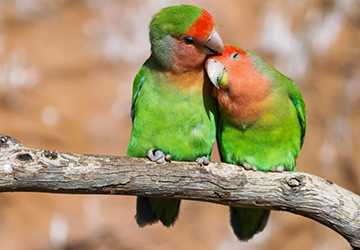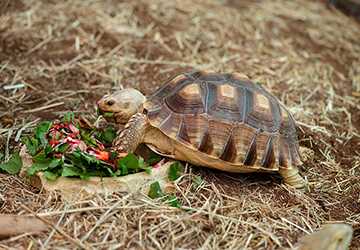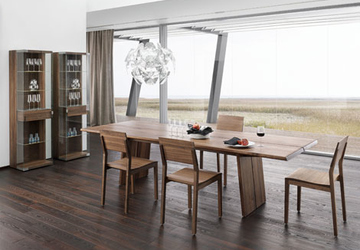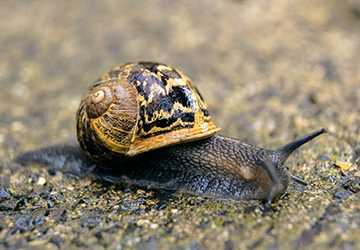You know these shelled companions are more than just pets; they're family members who deserve a safe and comfortable habitat.
If you have adopted Tortoise as your pet, you need to create an ideal environment, and not just any space will do.
If tortoises live in a habitat that mirrors their natural environment, complete with all the essentials they need, they will live happily and grow physically. The proper setup can help your Tortoise live longer and exhibit natural behaviours that are delightful to observe.
This blog post will explore six invaluable tips to create the perfect tortoise habitat. So, keep reading to explore how to set up a natural habitat for your tortoise pet at home.
How do you create the ideal habitat for your Tortoise?
When you commit to the care of a tortoise, you're taking on the delightful duty of creating a mini world for a unique creature. It's not just Tortoise home but their gym, dining room, and safe place.
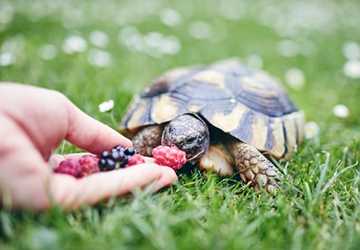
Here are the six essential tips to create an environment that will keep your Tortoise healthy and content.
1. Spacious Enclosure
When selecting an enclosure for your Tortoise, think big. Tortoises benefit from a spacious environment where they can engage in natural behaviours like exploring and foraging.
An enclosure that's too small can lead to health issues and stress. The general rule is ten times the length of your Tortoise for the enclosure's length and five times the length for the width, though bigger is always better.
Use tortoise tables indoors for better ventilation and outdoor pens with secure covers for safety.
2. Correct Substrate
Your Tortoise's substrate is their flooring, essential for their comfort and health.
Ideal substrates mimic their natural environment and can range from a mixture of soil or coconut fibre, avoiding wood shavings and sand, to specially formulated reptile bedding.
The substrate is deep enough to support digging and burrowing and maintain proper moisture levels without becoming soggy or mouldy.
3. Temperature Control
Maintaining the correct temperature gradient in your Tortoise's habitat is essential for their thermoregulation.
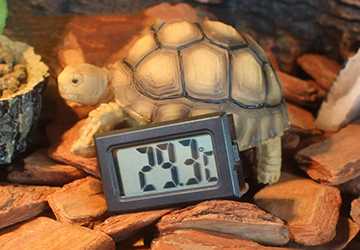
You'll need a heat lamp for a basking area and a more relaxed area where they can retreat. The temperature should range from about 95°F (35°C) in the basking area to 70°F (21°C) in the more fabulous area.
Consistent, appropriate temperatures support healthy metabolism and digestion.
4. UV Lighting
Tortoises require UVB lighting to synthesize vitamin D3, which is crucial for metabolizing calcium and maintaining a healthy shell and bones. Natural sunlight is best, but a UVB lamp is necessary when housed indoors.
Ensure the lamp is placed at the correct distance and replaced regularly according to manufacturer recommendations, as UVB output diminishes over time.
5. Hydration and Humidity
Water is a must-have for tortoises, not only for drinking but also for maintaining the proper humidity level in their habitat.
A shallow water dish allows them to hydrate whenever needed, and regular misting can keep humidity at the proper level.
However, too much humidity can be detrimental, leading to shell rot or respiratory issues.
6. Enrichment
Mental stimulation is essential for your Tortoise. Enrichment items such as smooth rocks and logs encourage natural behaviours like climbing and exploring.
Planting edible plants adds to the enclosure's natural feel and provides a healthy snacking option.
A hiding spot, like a half log or a specifically designed hide, can offer a refuge for your Tortoise to retreat to when they need privacy.
Conclusion
Creating a natural habitat for your Tortoise at home is essential to ensure their well-being and longevity.
Following these six tips, you can provide your Tortoise with a spacious and comfortable enclosure, the correct substrate, temperature control, UV lighting, hydration and humidity, and enrichment.
With some planning and effort, you can create a tortoise habitat that will be a source of joy for you both.
With your love and care, your Tortoise can thrive for many years.



